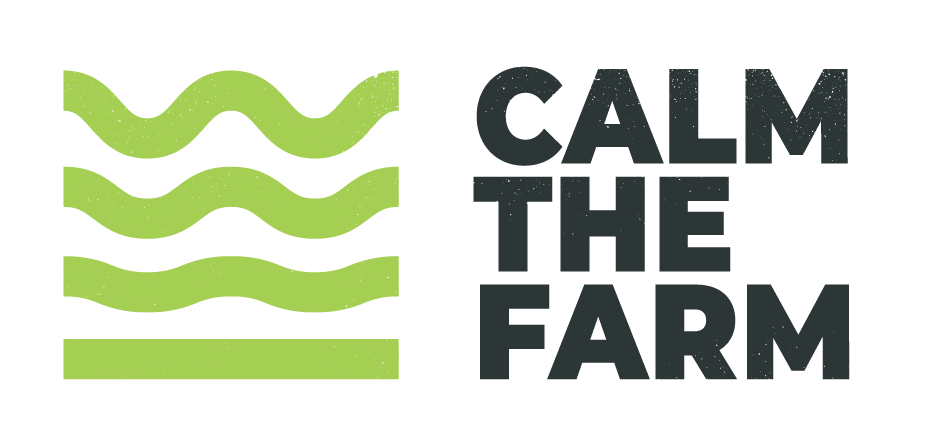
CASE STUDY 2
How Mingiroa Farm incorporates
vegetable production into their
dairy operation.
Most farmers make the shift to regenerative practices off the back of a crisis or major turning point. This couldn’t be more true for sixth generation family farmers, the Hoggs. The costs of the Mingiroa operation were enormous both financially and environmentally.
In 2007 Mingiroa had 450 cows on 150 ha. They imported 300 tonnes of palm kernel expeller, 300 tonnes of maize and were applying 50 kg of urea per hectare on the farm. Presently they are running 290 cows on 140 ha, with no imported feed supplement, no maize, no palm kernel and no urea.
They recognised they needed to make changes fast and with help from Soil Connection’s Greg Barclay, they turned their hand to biological farming. The farm is thriving with rows of asparagus, figs, feijoa and apple trees and a herd of cows on lush, biodiverse paddocks. Vegetables contribute to farm revenue, growing over 40 tonnes of fresh produce on 4 hectares. The Hogg family were delighted to achieve full BioGro Organic certification in November 2020.
The Hoggs | Mingiroa Farm | Manawatū
Dairy & Vegetables
Operation255 ha
Total Farm area2017
Transition startMilestones
10
Planting this number of species75%
Planting those species over this % of the effective farm30days plus
Grazing roundsna
Leave behind this % of drymatterto
0
Kilos per H of Nitrogen0
Kilos per H of Phosphorus0
Kilos per H of Potassium0
Kilos per H of Suplhurby
100%
Insectides reduction100%
Herbicides reduction100%
Fungicides reductionYes
Certification2020
Date
The Hoggs have steadily increased the percentage of land sown with diverse species and have seen a dramatic decrease in milk urea rates.
They recently achieved organic certification and will soon receive a premium for vegetables and milk.
